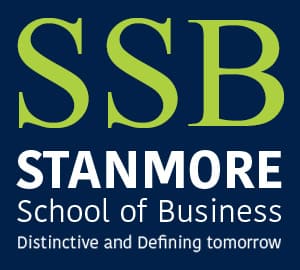Course details
Loading...
Generating course details...
• Financial Management: This unit covers the principles of financial management, including financial planning, budgeting, and forecasting. It also explores the role of financial management in business decision-making and the importance of financial management in achieving organizational goals.
• Business Finance: This unit delves into the world of business finance, covering topics such as financial markets, instruments, and institutions. It also examines the role of financial markets in facilitating business transactions and the impact of financial institutions on the economy.
• Investment Analysis: In this unit, students learn how to analyze investment opportunities and make informed decisions about investments. It covers topics such as risk analysis, return on investment, and portfolio management.
• Financial Markets and Instruments: This unit explores the different types of financial markets and instruments, including stocks, bonds, and derivatives. It also examines the role of financial markets in facilitating business transactions and the impact of financial instruments on the economy.
• Corporate Finance: This unit covers the financial management of corporations, including capital structure, dividend policy, and mergers and acquisitions. It also examines the role of corporate finance in achieving organizational goals and the importance of corporate finance in business decision-making.
• Financial Planning and Control: In this unit, students learn how to develop and implement financial plans and control systems. It covers topics such as budgeting, forecasting, and performance measurement.
• International Finance: This unit explores the world of international finance, covering topics such as exchange rates, international trade, and foreign direct investment. It also examines the role of international finance in facilitating business transactions and the impact of international finance on the economy.
• Financial Management in Business: This unit covers the application of financial management principles in business, including financial planning, budgeting, and forecasting. It also examines the role of financial management in achieving organizational goals and the importance of financial management in business decision-making.
• Financial Institutions and Markets: In this unit, students learn about the different types of financial institutions and markets, including commercial banks, investment banks, and stock exchanges. It covers topics such as the role of financial institutions in facilitating business transactions and the impact of financial markets on the economy.
• Advanced Financial Management: This unit covers advanced topics in financial management, including financial modeling, financial forecasting, and financial decision-making. It also examines the role of financial management in achieving organizational goals and the importance of financial management in business decision-making.

